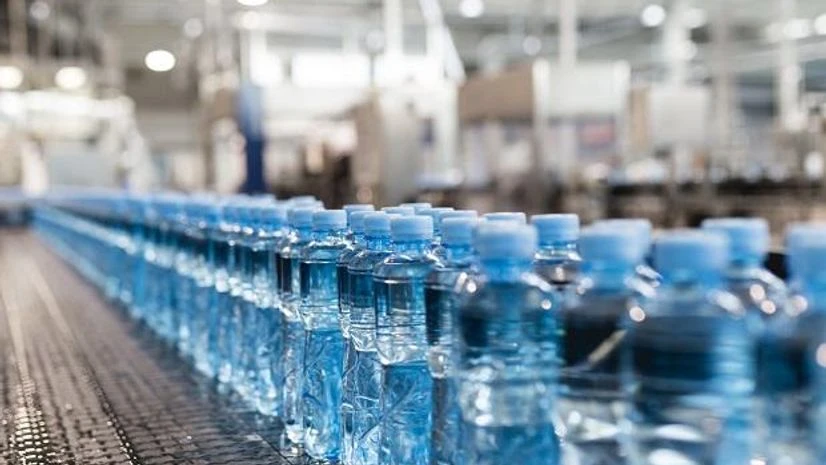In a significant regulatory shift, India's Food Safety and Standards Authority (FSSAI) has categorised packaged drinking water and mineral water as "high-risk food". This decision, outlined in a recent notification, signals that these products will now undergo more stringent safety checks through regular inspections and audits.
Background of the decision
The reclassification follows the government's October decision to remove the requirement for Bureau of Indian Standards (BIS) certification for these products. While the move aims to streamline regulations, it introduces more rigorous safety protocols for manufacturers.
Under the updated guidelines, manufacturers and processors of packaged drinking and mineral water must now pass mandatory inspections before obtaining a licence or registration. Additionally, businesses in the high-risk food category will be required to undergo annual audits by FSSAI-recognised third-party food safety agencies. These measures ensure that the products remain safe for consumption while maintaining high-quality standards.
What does this mean for the industry?
Labeling packaged water as "high-risk food" does not imply these products are unsafe. Rather, it reinforces the government's commitment to ensuring consumer safety by enforcing stricter safety checks. This new regulation requires businesses to undergo routine inspections and audits to guarantee that safety and quality standards are upheld.
Previously, the packaged drinking water industry had advocated for fewer regulatory hurdles, including the removal of the dual certification requirement by both the BIS and the FSSAI. The dual certification process was burdensome, leading to increased costs and administrative delays. By eliminating the BIS certification requirement, the government has responded to the industry's demand for a more streamlined regulatory framework.
High-risk food categories defined
The FSSAI defines "high-risk foods" as those that require regular, risk-based inspections and annual audits. In addition to packaged water, other products that fall under this category include:
More From This Section
- Dairy products and analogues
- Meat and poultry products
- Fish and seafood, including molluscs, crustaceans, and echinoderms
- Eggs and egg products
- Specialised food products for specific nutritional uses
- Prepared foods
- Indian sweets
- Fortified rice kernels
These categories are subject to periodic inspections by designated food safety officers, and the progress of these inspections is monitored by food commissioners in each state and union territory.
The FSSAI’s decision reflects a commitment to consumer safety through enhanced oversight of food products. While it introduces additional regulatory steps for the packaged water industry, it also aims to streamline processes and enforce higher quality and safety standards across high-risk food categories.

)